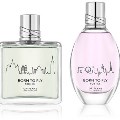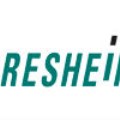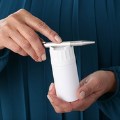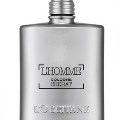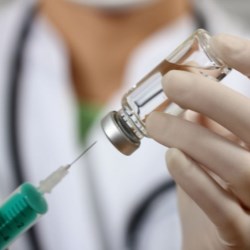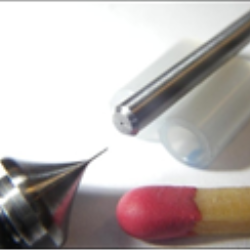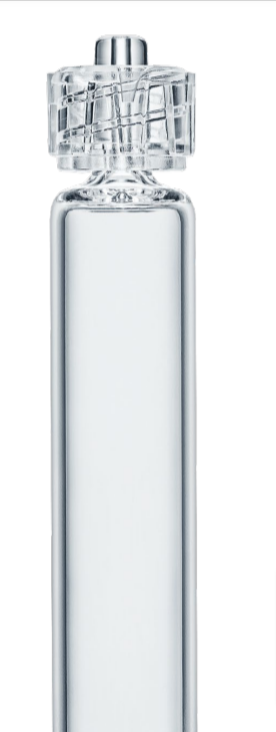Public
Gerresheimer Brochures
Gerresheimer Gallery
Gerresheimer Locations
Gerresheimer News
Gerresheimer Product Catalog
Gerresheimer Publications "Update"
Gerresheimer Videos
Subsidiaries
Sensile Medical
If this is your company, CONTACT US to activate Packbase™ software to build your portal.


As a leading producer of glass packaging for cosmetic products, Gerresheimer is committed to driving sustainability in the sector. Gerresheimer has been successfully producing glass with a high proportion of post-consumer recycled (PCR) material for over 10 years in Momignies, Belgium. From 2020, Gerresheimer will also begin producing glass with a higher proportion of recycled glass at the Tettau site in Germany. By using recycled glass, new high-quality cosmetics packaging can be produced, thus helping preserve natural resources. As the market leader in recycled glass production of cosmetics packaging, Gerresheimer is driving circularity and resource savings every day.
“We have been using recycled glass for cosmetic packaging for over 10 years now, making us market pioneers,” says Nicola Balena, General Manager at Gerresheimer Momignies. “Our recycled glass packaging has won over many of our customers seeking to improve their packaging sustainability without trade-offs. We are committed to the circular economy and only produce cosmetics packaging with a high post-consumer recycled glass content. We are ahead of the market in this respect.”
Working together with its customers, Gerresheimer has developed glass for cosmetics packaging that has the highest percentage of post-consumer recycled (PCR) material available today, while offering an unprecedented level of quality.
Optimal Supply Chain Agility
The clear-glass furnace in Momignies turns recycled glass into cosmetic glass around the clock and the whole year. The site in Tettau will follow suit from 2020 onward.
Pushing the limits of recycled content in cosmetics glass packaging
As part of its commitment to circular economy, Gerresheimer has worked hard to reduce the proportion of raw materials (sand, calcium oxide, and sodium carbonate) used in its clear glass to just 45 % of the materials melted in the furnace. The glass composition has been audited and certified by Belgian company RDC environment, which also completed a full life cycle assessment (LCA) of Gerresheimer’s recycled glass. This LCA was then reviewed by Quantis, expert in sustainability for cosmetics packaging. They also meet the requirements of the EU legislation and the newly established Spice Initiative.
Providing sustainability benefits without aesthetic trade-offs
Glass bottles and jars are the go-to primary packaging material for many cosmetics products because they look elegant and convey quality while safely protecting their contents. Glass is also a 100% recyclable raw material, meaning it can be turned back into glass many times over in a circular system. Moreover, the higher the proportion of recycled glass used, the less energy is needed for production. This means the amount of recycled glass used at the Momignies site leads energy savings at the production stage compared to non-recycled glass.
Glass is made from silica sand, sodium carbonate, and calcium oxide as well as dolomite, feldspar, potash, and metal ions for coloration. Using recycled glass in cosmetics packaging saves energy, natural resources and reduces carbon emissions while still conveying quality and elegance.
Caption: Gerresheimer has invested several years in developing a sustainable and high-quality cosmetic glass with a higher recycled glass content.


.jpg)
.jpg)
.jpg)
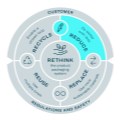
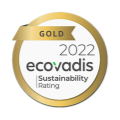
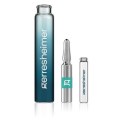

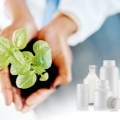

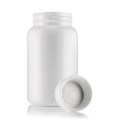
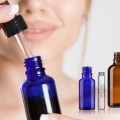
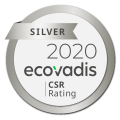
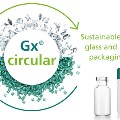
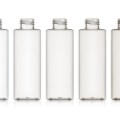
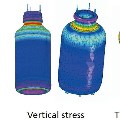
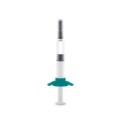
.jpg)
